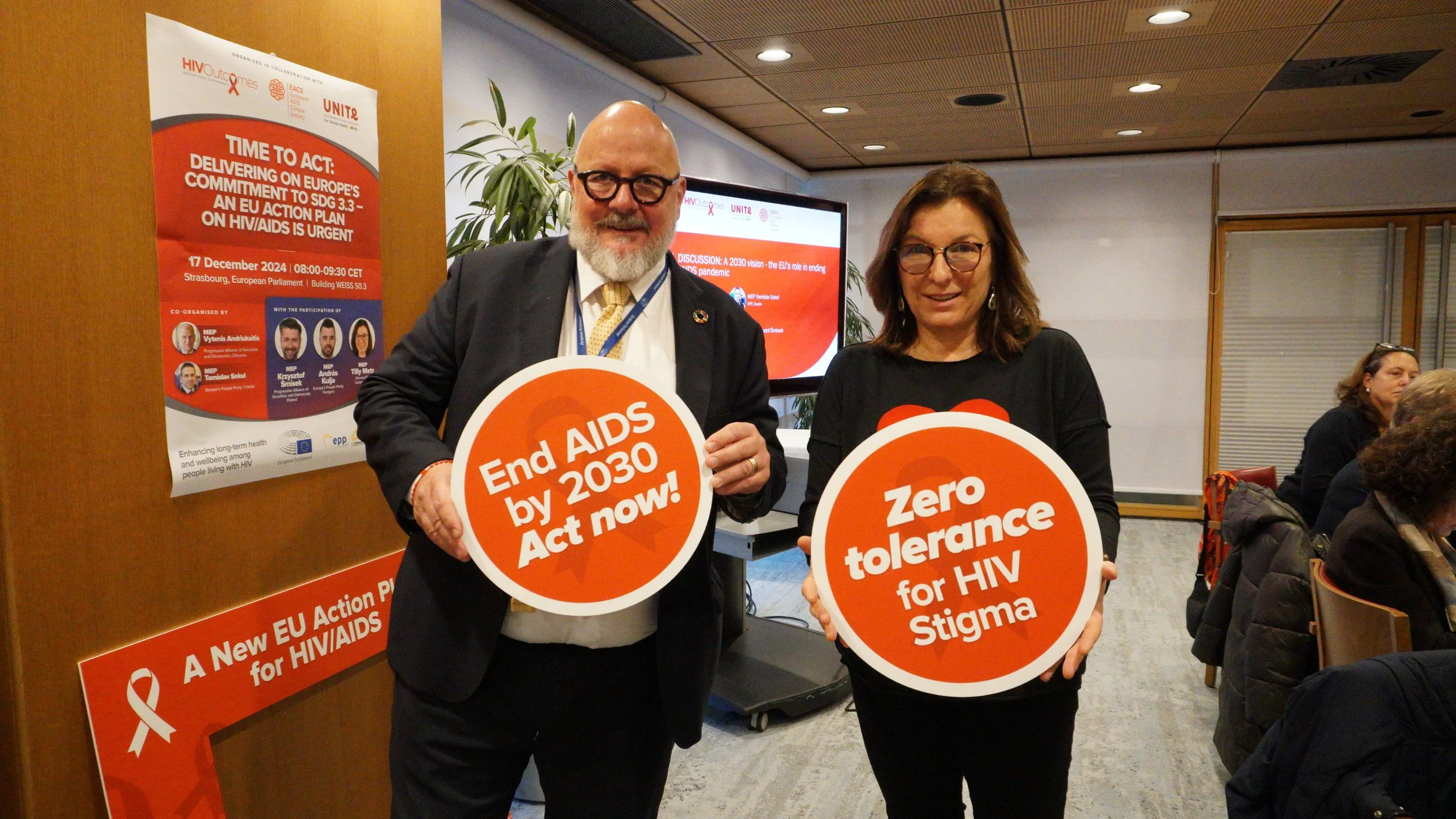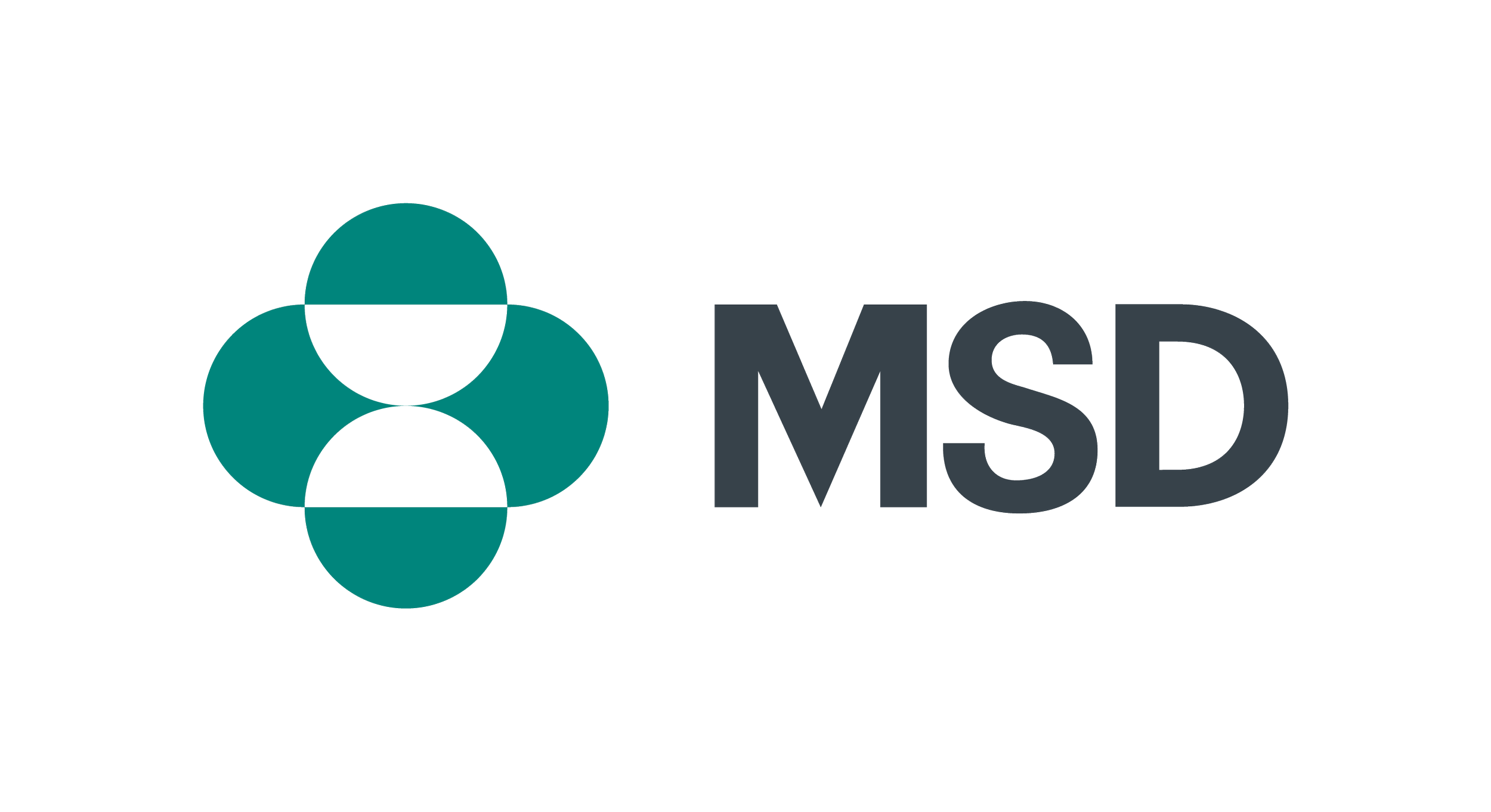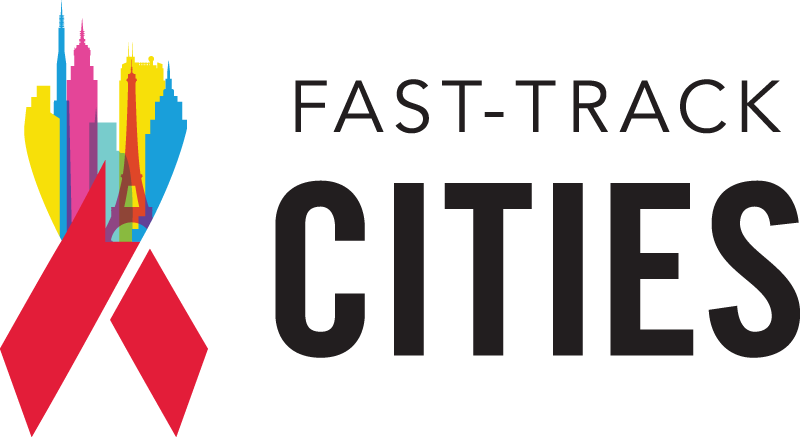A life beyond viral suppression
HIV is now a long-term condition, rather than a fatal one. HIV Outcomes aims to address the needs generated by increased life expectancy, by looking to improve health outcomes and quality of life of people living with HIV in the long-term.
Our vision is a world where people living with HIV enjoy the highest possible health-related quality of life across Europe.
Why we advocate for action in Europe
Europe has committed to ending the HIV epidemic by 2030, and while progress has been made, in the EU, around 800,000 people are living with the virus, and approximately 23,000 new cases are diagnosed every year.
Keeping the fight at the top of the EU agenda is essential to our mission at HIV Outcomes, despite many health policy priorities across Europe. Watch to learn from advocates at the frontline.

Take action with us
Meet our leaders
Mario Casio (HIV Outcomes co-founder and co-chair), Caroline Sabin (HIV Outcomes co-chair), and Jane Anderson (HIV Outcomes co-founder and former co-chair) share what inspired them to be part of HIV Outcomes, reflect on the significant achievements over the past years, and look to the future.













